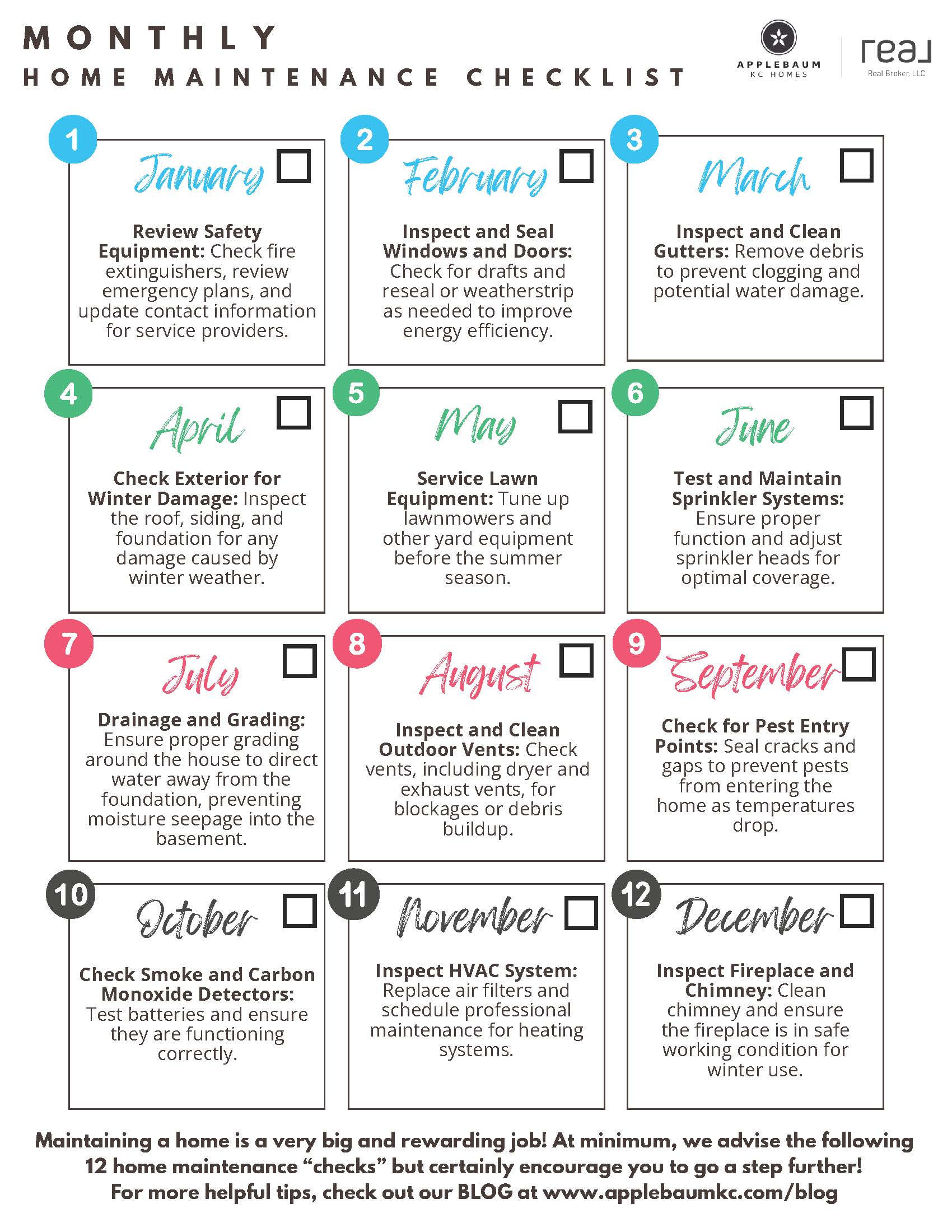Mastering Time Planning Strategies to Improve Your Handyman Productivity
Wiki Article
Scheduling organization is an important skill for handyman professionals who aim to operate efficiently and efficiently. By adopting various task management techniques, technicians can complete tasks more quickly, reduce stress, and improve customer contentment. When managing time well, repair specialists can prioritize their jobs, allocate enough resources, and ensure they meet deadlines. This article will explore some practical time management strategies that maintenance professionals can adopt to enhance their efficiency.

One important strategy is developing a daily schedule. A carefully planned schedule helps handymen organize their workday and allocate dedicated times for each task. This includes not only the projects themselves but also travel time and rest periods. By scheduling the day ahead of time, service providers can visualize their task list and make more informed decisions about how to use their time. Having a defined outline of the day's schedule allows for adjustments as required, making it simpler to manage unexpected challenges or setbacks.
Another practical strategy is setting task rankings based on immediacy and priority level. Handymen often face numerous tasks at once, which can be overwhelming without a clear sense of what needs urgent attention. Using a priority matrix can help sort tasks into categories such as time-sensitive, important, or lower priority. By focusing first on the most pressing and important jobs, service professionals can ensure they are addressing clients' needs quickly while also advancing on long-term projects.
Beyond scheduling and ranking tasks, handymen should explore using resources and technology to streamline their workflows. Multiple apps and software are available that assist with job tracking, budgeting, and communication with customers. These tools can save time by automating reminders or tracking materials needed for individual jobs. Utilizing technology allows handymen to stay on track and minimizes the likelihood of forgetting critical details, thus boosting overall productivity.
Finally, reviewing performance consistently is crucial for continuous progress in task scheduling. Handymen should set aside time at the end of each workweek or month to assess what was effective and what could be improved in their daily routines. This self-assessment allows for modifications that can lead to better performance in upcoming tasks. By staying intentional about managing time effectively, service professionals can continually refine their methods and achieve higher results in their work.
In conclusion, developing time management strategies is vital for maintenance professional effectiveness. By creating a structured plan, establishing task orders, utilizing technology, and evaluating performance consistently, handymen can significantly boost their productivity. These methods not only assist in completing tasks more efficiently but also contribute why not check here to better customer satisfaction and overall business success. Effective scheduling is not just about checking off tasks; it is about getting them done right.